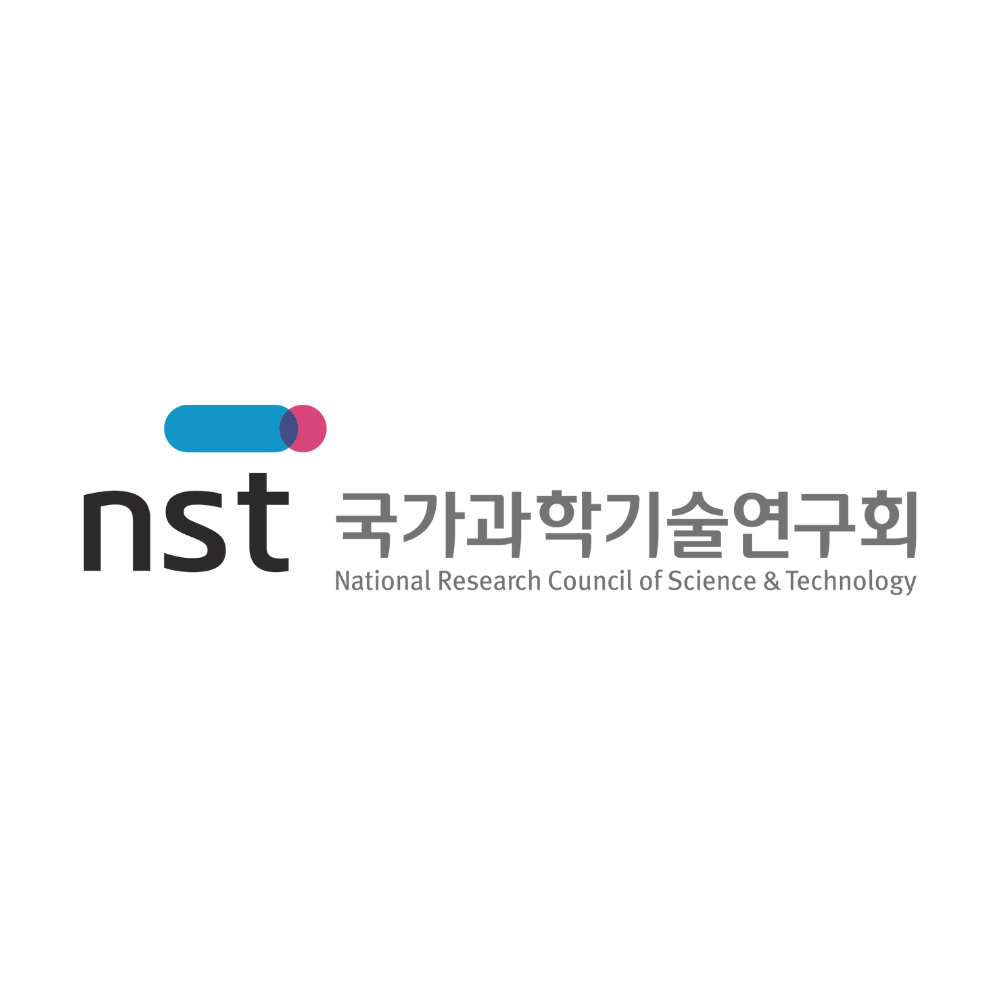The Korea Institute of Fusion Energy (KFE) is South Korea’s national research institute dedicated to fusion energy. Established in 1995 (originally as the National Fusion Research Institute), KFE operates the nation’s largest fusion facilities.
The South Korea Mobility Program offers data science talents the opportunity to spend up to three months at KFE in Daejeon. Participants apply data analytics, modeling, and AI-driven methods to complex plasma data.

About NST
National Research Council of Science and Technology (NST)
The National Research Council of Science and Technology (NST) currently brings together 23 leading research institutes active in a wide range of fields – from materials science, biotechnology, and energy to space exploration, robotics, and information and communication technologies. It coordinates their strategic direction, fosters synergies among the institutes, and supports the government in shaping research and innovation strategies.
In doing so, NST plays a key role in advancing scientific excellence in areas of societal relevance and in transferring technological innovations to industry and society. In addition, it strengthens the international networks of Korean research and enables joint projects with leading research organizations worldwide.
KFE conducts research on the physics of magnetically confined plasmas and develops core technologies for fusion facilities: superconducting magnets, high-power heating systems, and advanced diagnostic and control methods. Its flagship facility, KSTAR, is internationally recognized for experiments on plasma stability, turbulence control, and long-duration discharges.
In addition, KFE plays an active role in international projects such as ITER (International Thermonuclear Experimental Reactor) in France. Its research integrates fundamental plasma physics with high technology and engineering to advance the realization of fusion as a viable energy source.
Research priorities:
-
Plasma physics – studies on plasma dynamics, stability, and turbulence control.
-
Fusion devices and magnet technologies – development of superconducting magnets, heating, and control systems.
-
Diagnostics and data science – real-time plasma monitoring and AI-assisted modeling.
-
Materials for fusion – research on materials designed to withstand extreme heat and radiation.
-
International collaboration – contributions to ITER and global fusion research networks.
How to Apply
- Step 1: Contact a research group at one of the NST member institutions to discuss the possibility of a three-month research stay.
- Step 2: Submit your application through HIDA
- Step 3: Applications are reviewed by a selection committee, and you will be notified shortly thereafter.
You can find more details about the application process under following link!
Contact
If you have any questions about the South Korea Mobility Program or our other research stay offerings, please don’t hesitate to contact us at any time.

Stefanie Gruber-Sliva
Networks & Mobility Program Manager
Contact







